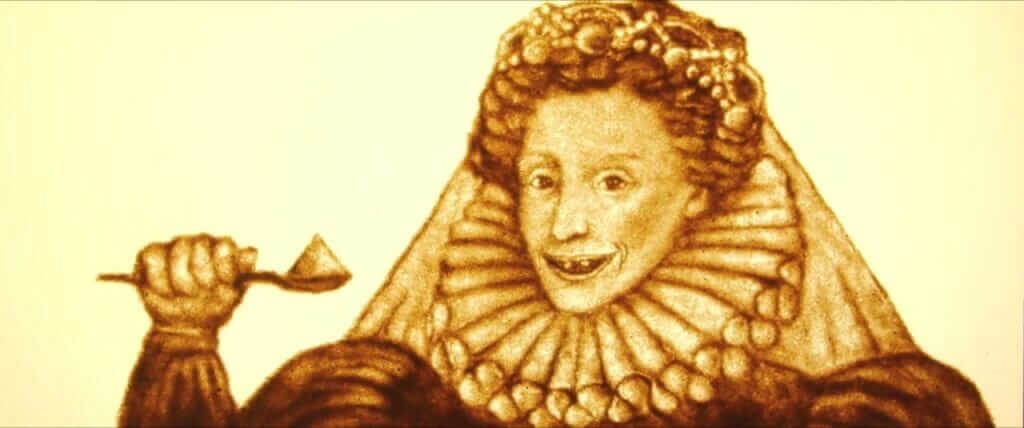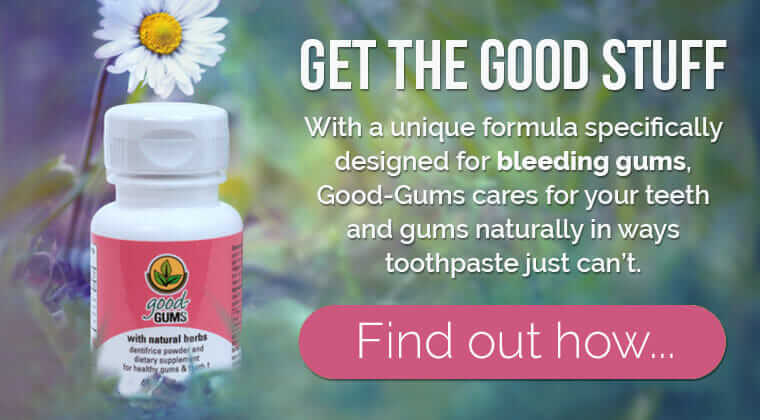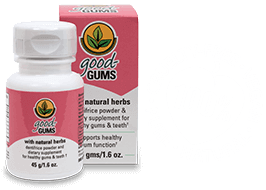Was Queen Elizabeth I a Sugar Addict?

Was Queen Elizabeth I a sugar addict?
She certainly was. During the reign of Queen Elizabeth I, sugar was just making itself known in Tudor Britain. Imported from places like the East and West Indies, Morocco and Barbary, this delicious sweet taste became increasingly popular amongst Britain’s nobility and became the reason for the dramatic decrease in oral health.
Queen Elizabeth’s love for sugar became so much so, that her teeth became blackened from decay. As soon as she placed her lips on what was then a very rare and expensive delicacy, she required everything she ate to be accompanied with it. Not only did she consume sugar in the way of elaborate desserts, glazed fruits and lavish confectionary (marzipan being a particular favorite of hers), she even brushed her teeth with a sugar paste, believing it to have medicinal properties! Oh dear!

There have been a few records that expose the unsightly appearance of Elizabeth’s dental problems. One such gentleman was a French ambassador, André Hurault in 1597 who noticed that her teeth were ‘very yellow and unequal’. A year later Paul Hentzner, a German traveler was reported to describing ‘her lips narrow and her teeth black’.
Photo Source
The Tooth-Blackening Trend
Sugar was a very expensive and luxurious ingredient, therefore only consumed by the wealthy. It was considered that the more wealthy you were the blacker your teeth became, which is why the poor would blacken their teeth in order to be part of what appeared to be a ‘sugar-eating trend’.
Queen Elizabeth suffered from constant toothache and lost many of her teeth as a result of her sugary diet. This made her speech incredibly hard to understand for foreign Ambassadors. With the reputation of elegance, grace, and beauty to protect, it is said that she stuffed cotton in the gaps where her teeth had fallen out, to even out her face and push out her lips.
Temper Tantrums
Although Elizabeth was generally thought of as a calm and good-natured ruler, she was said to have had a vicious temper, throwing anything she could get her hands on at those that angered her. It was even reported that she spat in disgust at those unlucky enough to be close to her during one of her enraged outbursts.
Several historians have associated these temper tantrums to the sheer amount of sugar she ate and considered her anger a result of a severe sugar crash. We can definitely relate to that!
She was petrified of the dentist
With her painful toothache giving her many sleepless nights it became increasingly critical for her to get a dentist’s help. Refusing to agree to have her teeth physically pulled out, the Bishop of London came to the rescue by proving to her it wasn’t such a torturous ordeal by offering himself to have one of his teeth pulled out. She reluctantly complied and endured the painful wrenching of her infected tooth, however, she was notably nursing terrible toothaches throughout the rest of her reign and therefore life. She would rather suffer the excruciating pain of toothache, than give up her beloved sugary delights.
This definitely makes for a terrible tooth tale indeed.
Sugar Awareness
Queen Elizabeth has been a shining example in showing us the effects sugar has on our dental health when used to the extreme.

What your sugar intake looks like with each sugary drink! Yikes!
Source
While many of us know that sugar leads to tooth decay, few know exactly why. Tooth decay occurs when acid that is produced by bacteria within the plaque starts to attack tooth enamel. When we consume sugar the bacteria within the plaque use it as a form of energy. This causes the bacteria to multiply and increases the thickness of the forming plaque. Some of this bacteria turns the sugar into a glue-like substance which then attaches itself onto tooth enamel, making it more difficult for saliva to wash it away and therefore causing teeth to erode at an alarming rate. This is the process of demineralization.
The good news is that this process is constantly being reversed through our saliva by a process called remineralization. Our saliva continuously flushes out acids and excess sugars from the surface of our teeth. Saliva combines many beneficial ions and minerals that help restore the structure of our teeth.
But you must give your mouth a chance to fix the damage! If you are consuming too much sugar you are not allowing your mouth’s natural healing process to work its magic on getting your pearly whites back in tip-top shape!

Subscribe To Our Newsletter
Be the first to receive all our news, offers and natural oral health tips and articles.


